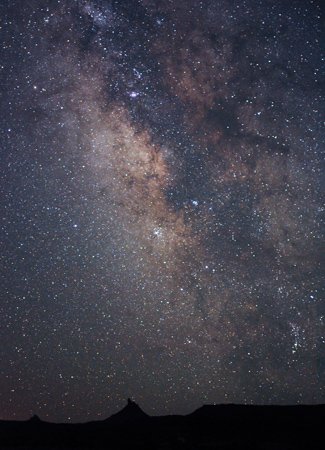
Tens of billions of planets are inhabitable
Astronomers have found that 40 per cent of Red Dwarf stars in the Milky Way have a super-Earth orbiting them.

Astronomers have found that 40 per cent of Red Dwarf stars in the Milky Way have a super-Earth orbiting them.
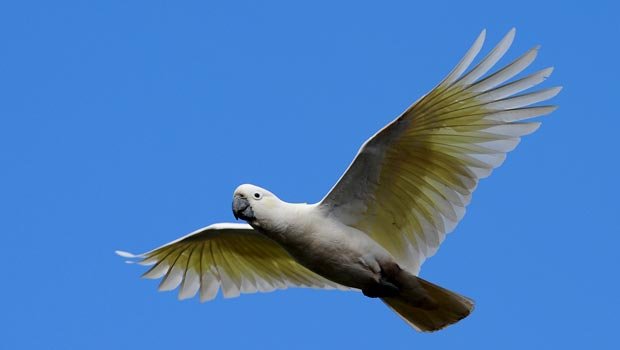
Sulphur-crested cockatoos are booming in the Blue Mountains of NSW, pushing out more timid native birds.
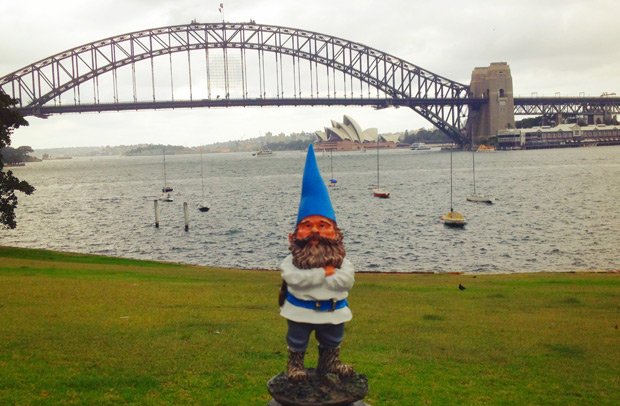
A novel science experiment involving a jet-setting gnome aims to measure gravity in different parts of the world.
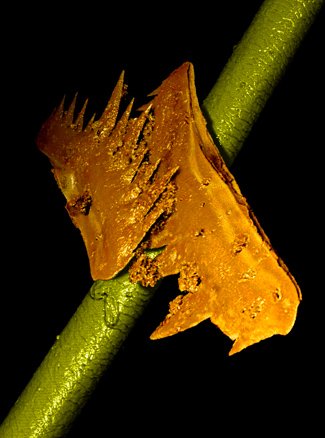
A jawless, eel-like creature had the sharpest teeth ever known, according to a recent discovery of fossil remains.
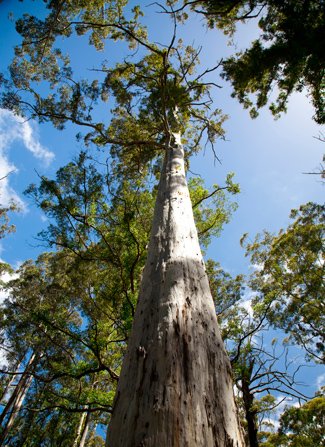
Trees have the same kind of biological clock that causes humans to suffer from jetlag, new research shows.
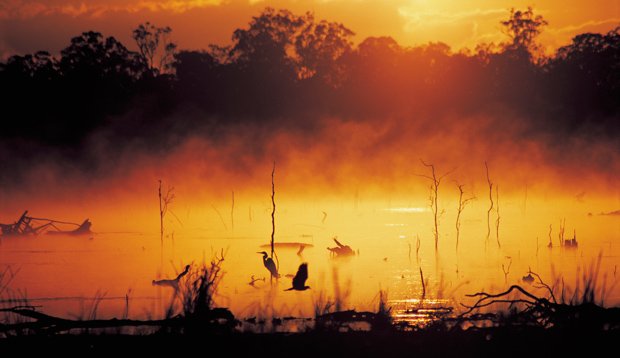
The largest survey ever conducted of Autralian wetlands reveals the most important habitats for waterbirds.
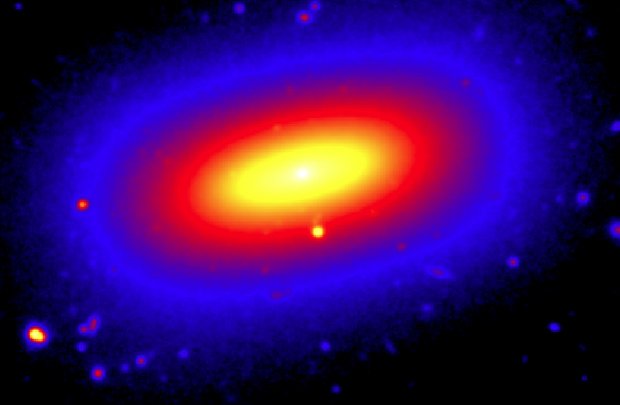
A new type of galaxy that resembles an emerald-cut diamond has been discovered by astronomers.

Australians have developed a low-cost solar light to help people in natural disasters like the Pakistan floods.
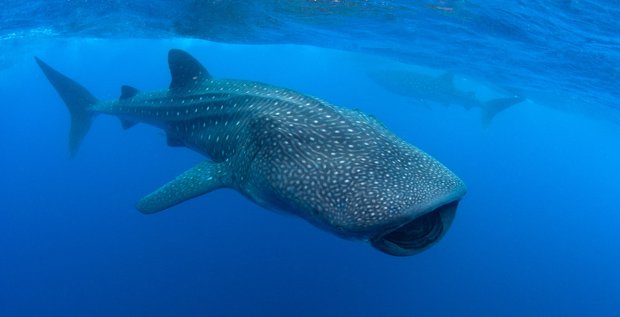
Whale sharks mostly inhabit the tropics, but a rare sighting in the Southern Ocean suggests a change in behaviour.
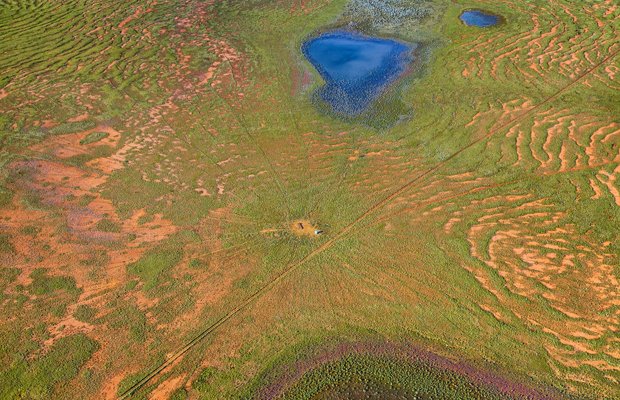
Photographer Peter Elfes captures the continuing green flush at Lake Eyre, following unprecedented flooding.